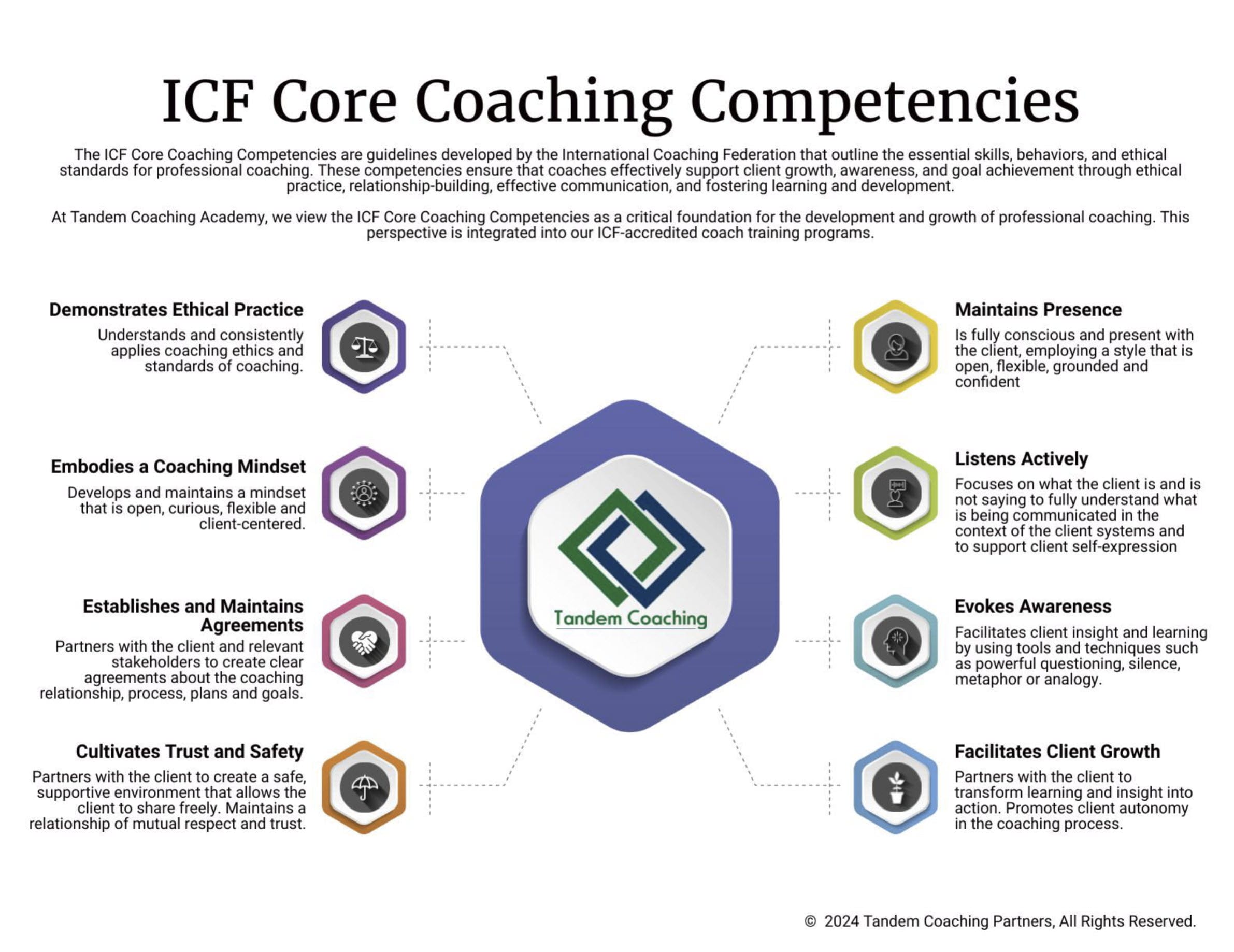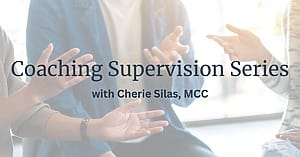Hi, Cherie’s here. In the nuanced field of coaching leaders and executives, a transformative approach is reshaping our interactions. It’s a concept deeply rooted in the wisdom shared by Marcia Reynolds, who advocates for coaching the person rather than just addressing the immediate problems they face. This approach invites a deeper, more meaningful exploration into the individuals we support, revealing layers and possibilities that problem-focused coaching overlooks. Here’s how we can apply this in practice:
1. Building a Foundation of Trust and Safety: Trust and safety are the cornerstones of any meaningful coaching relationship. It’s about creating an environment where leaders feel free to express their concerns, aspirations, and fears without judgment. This requires understanding the client within their unique context, including their environment, experiences, values, and beliefs, thereby fostering a relationship built on mutual respect and trust.
2. Embracing Active Listening: Active listening goes beyond hearing words; it’s about fully understanding what is being communicated, both verbally and non-verbally. This means paying attention to the client’s emotions, energy shifts, and even what they are not saying. By doing so, we can support client self-expression in its fullest form, providing a mirror that reflects their own wisdom back at them.

Continue Learning with our ICF ACC Level 1 Coach Training Program
ICF core competencies form the foundation of powerful coaching.
Curious about building this strong foundation and embarking on the path to professional coaching?
Our ICF ACC Level 1 coach training program gives you the skills and credentials to excel.
3. Evoking Awareness Through Insightful Inquiry: Instead of leading with solutions, we engage in a process of reflective inquiry that challenges clients to explore beyond their current thinking. This approach helps clients uncover insights about their values, needs, beliefs, and the barriers that hold them back. By facilitating this exploration, we encourage clients to consider new perspectives and possibilities that they hadn’t recognized before.
4. Shifting From Problem-Solving to Potential-Unleashing: The essence of coaching the person, not the problem, lies in our ability to shift focus from fixing issues to unlocking potential. This means disrupting the client’s habitual patterns of thinking and behavior to foster growth and development. By focusing on the person’s entire being, we can help them achieve a more profound and sustainable transformation.
Marcia Reynolds’s concept invites us to delve deeper into the art of coaching, reminding us that at the heart of every challenge lies a person full of potential waiting to be unleashed. By adopting this approach, we not only solve problems but also empower individuals to navigate their paths with greater awareness, resilience, and capability.
Until next time, Cherie 💚

Unlock Your Coaching Potential with Tandem!
Dive into the essence of effective coaching with our exclusive brochure, meticulously crafted to help you master the ICF Core Coaching Competencies.
"*" indicates required fields
About the Author
Cherie Silas, MCC
She has over 20 years of experience as a corporate leader and uses that background to partner with business executives and their leadership teams to identify and solve their most challenging people, process, and business problems in measurable ways.














